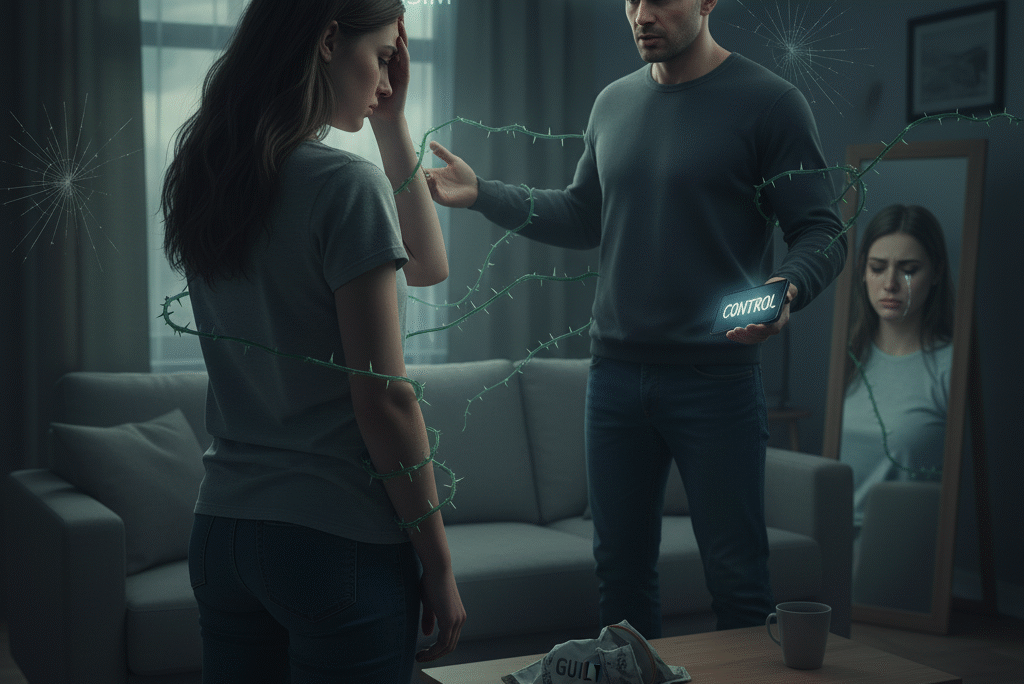Every one of us is connected through relationships, whether it’s with friends, family, partners, or colleagues. Healthy relationships are built on trust, respect, and mutual understanding. However, not all relationships feel this way.
If you constantly feel uncomfortable, controlled, or dominated by someone else, it may be a sign of a toxic relationship. In such relationships, one person tends to dominate while the other feels powerless, unheard, or emotionally drained. This imbalance of power and lack of respect can harm your self-esteem and mental well-being.
Recognizing these signs early is important because staying in a toxic relationship for too long can affect your confidence, peace of mind, and overall happiness. The good news is, with the right strategies, you can protect yourself and learn how to deal with such environments in a healthy way.
Five Effective Strategies to Handle Toxic Relationships
1. Set Your Boundaries
Setting boundaries in relationships is essential to leading them in a healthy way. You need to decide for yourself what you accept and what you cannot, even with people you feel comfortable with, because boundaries give you control over your space and protect your peace of mind.
2. Limit Your Exposure
To rescue yourself from a toxic relationship, you should reduce the quality and quantity of time and space you spend with toxic people. By doing this, you gradually minimize their influence and create a healthier environment for yourself.
3. Don’t Take Things Personally
Remember, toxic behavior usually reflects the other person’s issues, not yours. Their negativity doesn’t define your worth. Detaching yourself emotionally helps you stay calm and unaffected.
4. Focus on What You Can Control
You cannot change the behavior of toxic people, but you can control your reactions, energy, and coping strategies. Channel your focus toward things within your control instead of wasting energy on what you can’t fix.
5. Find Your Support System
Identify people who uplift and support you. They could be your family, friends, mentors, neighbors, or even a therapist. Having a strong support system ensures you never feel alone while navigating difficult situations.
Conclusion
Toxic relationships can be tough, but they don’t have to overpower your life. By setting boundaries, limiting exposure, and leaning on your support system, you can create a safe emotional space and thrive in any environment. Learning how to protect yourself in a toxic relationship can help rebuild confidence and emotional strength. If the toxic relationship is affecting your mental health, consulting a psychologist can help you set boundaries, rebuild confidence, and regain emotional balance.




